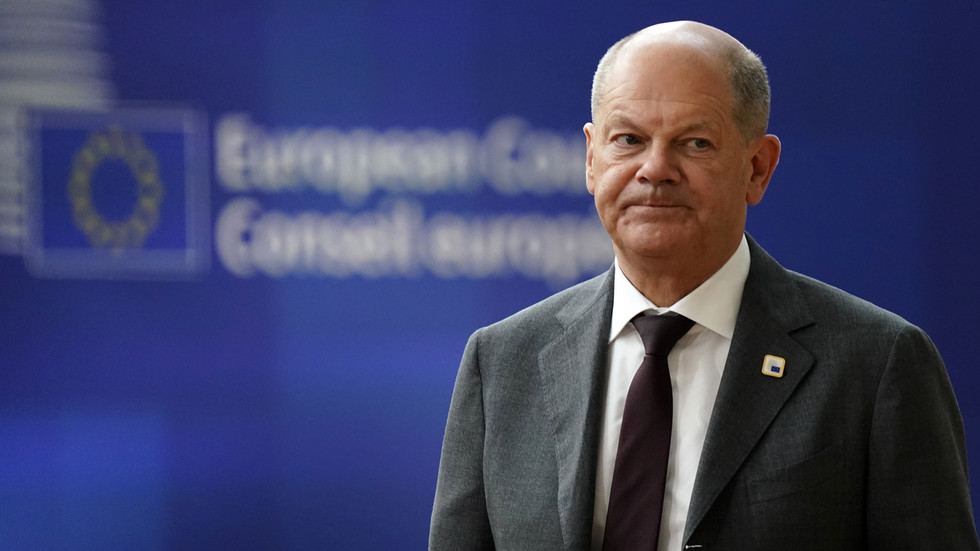In recent weeks, tensions have escalated between Germany and Russia over the lack of communication between German Chancellor Olaf Scholz and Russian President Vladimir Putin. German officials have publicly asserted that Putin is unwilling to engage in dialogue, claiming he has refused phone calls from Scholz. However, the Kremlin has countered these assertions, stating that there have been no formal proposals from Berlin to resume discussions. Dmitry Peskov, spokesperson for the Kremlin, reiterated Putin’s openness to negotiations, suggesting that it is Germany that has ceased communication since the onset of the Ukraine conflict in February 2022.
The backdrop of this diplomatic discord sees Germany’s attempts to engage with Russia while balancing criticism of the Kremlin’s actions. Recently, Scholz indicated that there may be an opportunity for a conversation with Putin in the near future, reflecting a desire to reopen dialogue. In conjunction with this, German Foreign Minister Annalena Baerbock has publicly condemned the alleged lack of willingness from Putin to engage, suggesting that his silence justifies an increased military support for Ukraine. This tension highlights the complexities of international diplomacy where public statements can influence perceptions and strategies.
Despite the criticisms leveled at Putin by German leadership, the Kremlin maintains that any hopes of rekindling communication have not materialized due to Germany’s failure to formally reach out. Peskov’s statements reflect a belief in the validity of Russian offers for dialogue, positioning Moscow as receptive to discussions. He also noted that the shift in Western European leaders’ receptiveness towards Russia has notably affected relations, particularly in light of changes in U.S. political leadership, hinting at fears regarding U.S. foreign policy.
Further complicating matters, a recent report in Die Zeit suggested that Scholz may attempt to approach Putin during an upcoming G20 meeting in Brazil, encapsulating the anticipation surrounding potential dialogue. However, Peskov cautioned that significant groundwork would be necessary before any meaningful communication could take place. Additionally, the Kremlin’s assessment of the current state of diplomatic ties pointed to a significant low, which they attribute primarily to the German stance on the ongoing conflict in Ukraine rather than any reluctance from their side.
The broader implications of this standoff reveal the increasing difficulty of engaging in productive dialogue between Russia and Western nations amidst the ongoing conflict in Ukraine. Scholz’s previous attempts to maintain connections seem to have faltered, resulting in a communications gap that both sides appear reluctant to bridge. This situation emphasizes not only the challenges inherent in international cooperation but also the divergent narratives put forth by national leaders to support their positions.
As the geopolitical landscape continues to evolve, the future of German-Russian relations remains uncertain. The interplay of military support for Ukraine, the strategic objectives of both nations, and the larger Western alliance paints a complex picture of diplomacy in crisis. Until formal overtures are made from Berlin, and lines of communication are restored, the potential for dialogue remains limited, underscoring the ramifications of strained relations on a global scale.

